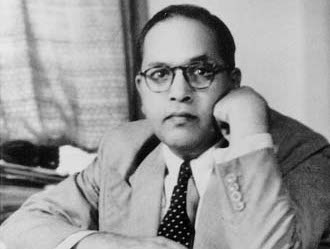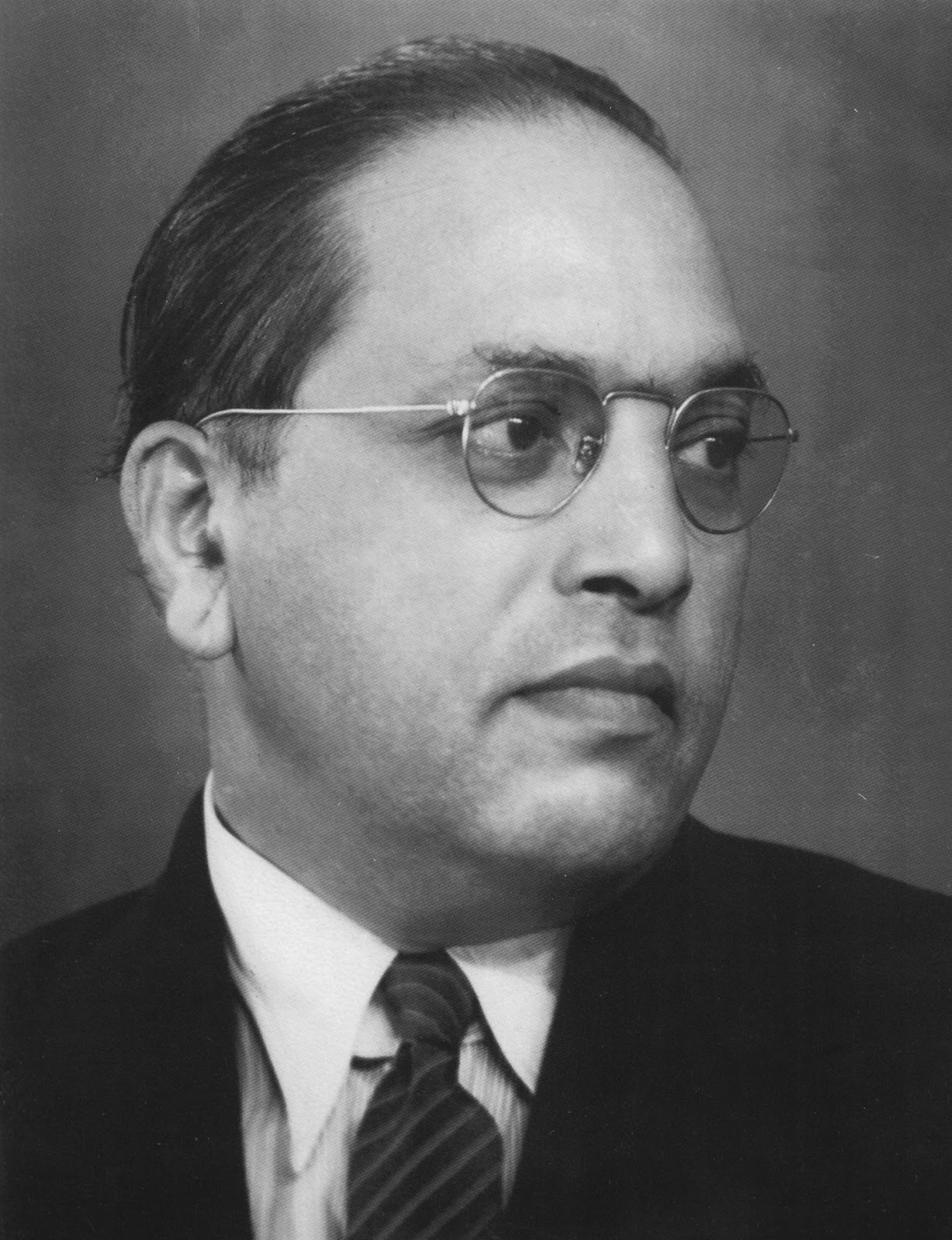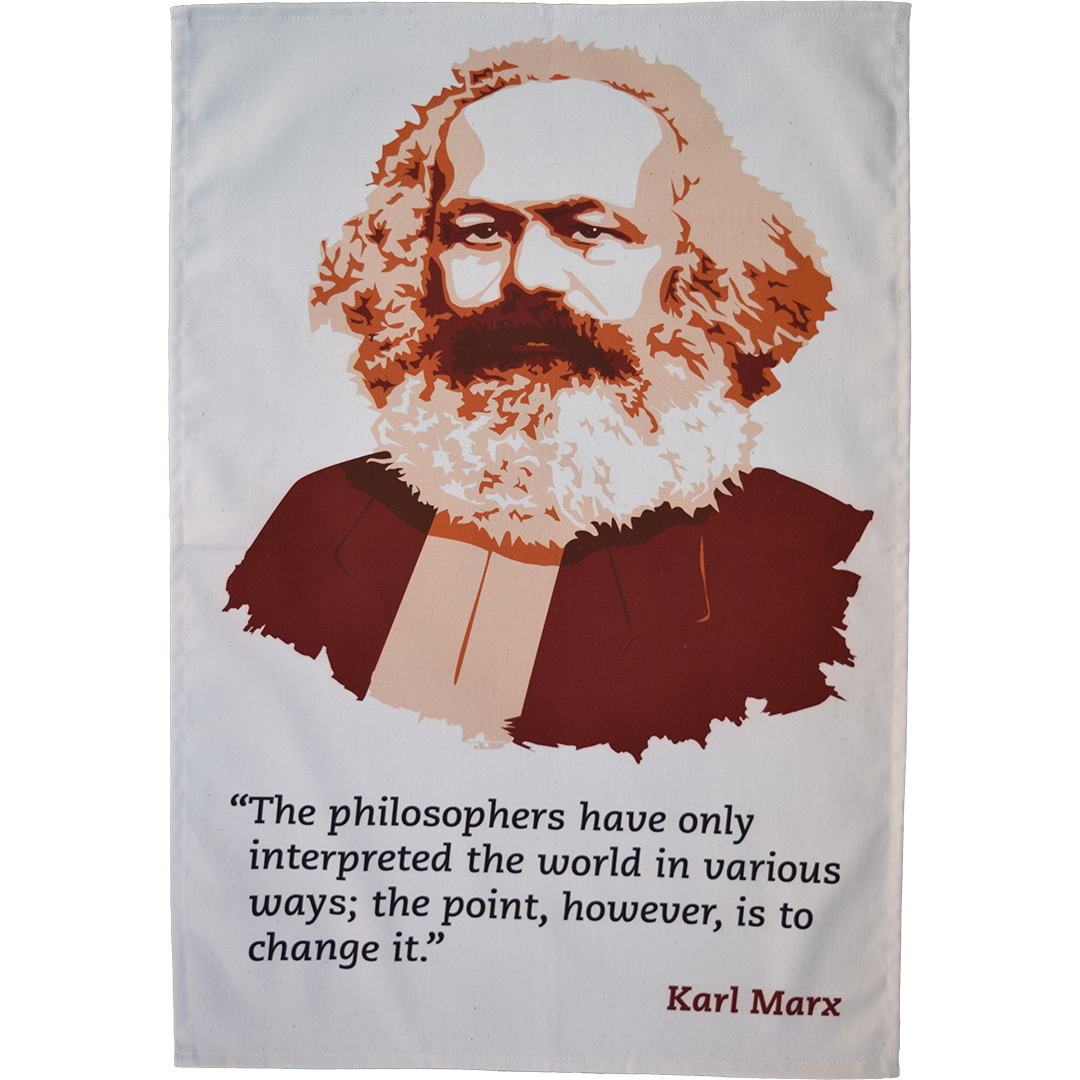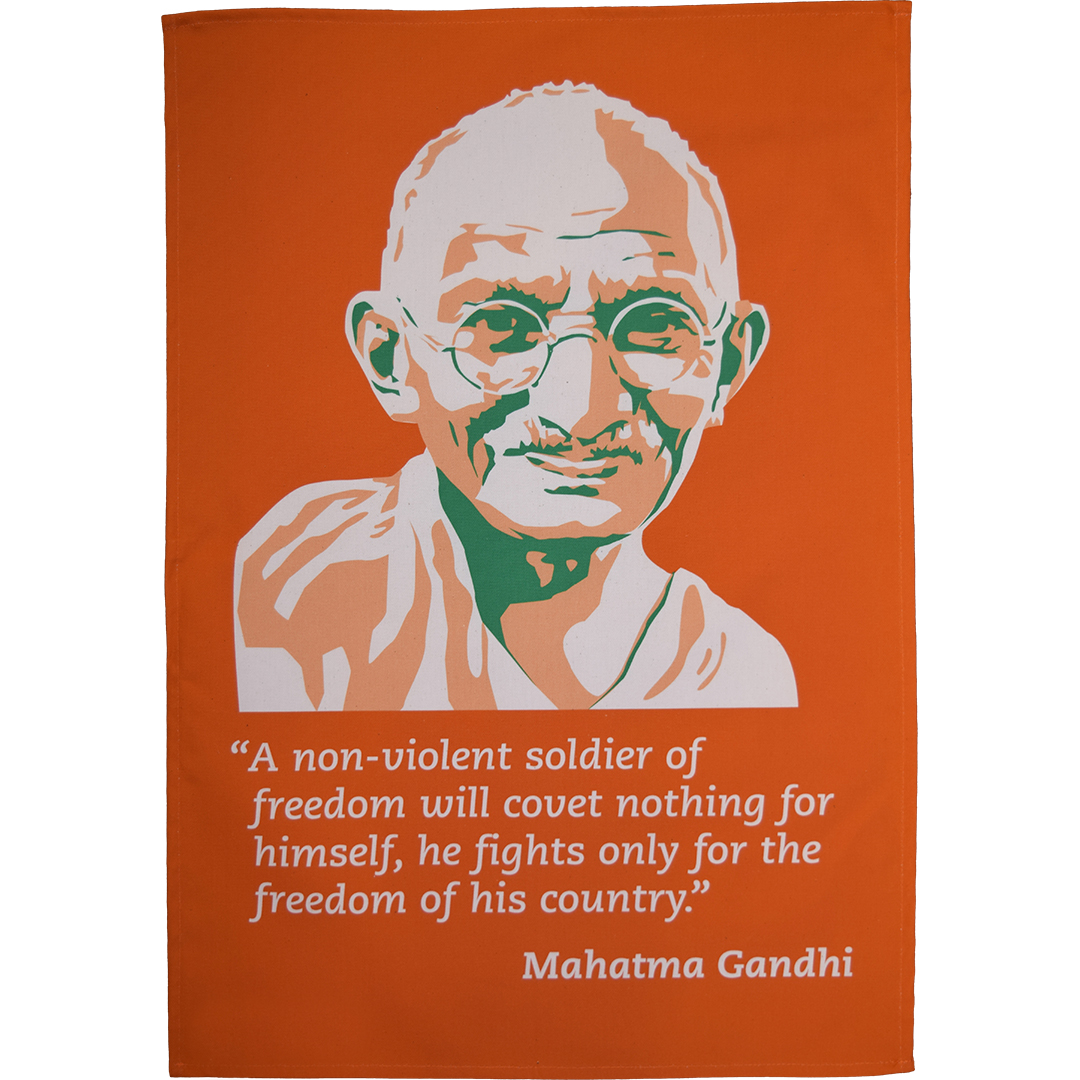Relentless Struggle: The Life and Work of B.R. Ambedkar
Posted by Pete on 14th Apr 2023

The struggle for Indian independence was about more than just Gandhi
“Lost rights are never regained by appeals to the conscience of the usurpers, but by relentless struggle…”
Bhimrao Ramji Ambedkar was born today in 1891, in the town of Mhow in central India.
He was the fourteenth of fourteen children, belonging to a poor family under British colonial rule.
In a caste-bound society, Ambedkar also belonged to the Dalit caste. He was, according to that monstrously oppressive system, an “untouchable.”
The odds of life were against him, then. But he would triumph nonetheless.
Ambedkar grew up to become one of modern India’s leading social activists. His two great causes? Independence from the British empire, and the abolition of caste.

Ambedkar devoted his life to the fight against injustice in all of its forms
The young Ambedkar excelled at school, despite all the social discrimination against his caste.
As an “untouchable”, he was not allowed to sit inside the classroom with the other kids. He often had to go without water on the hottest days, as he was not allowed to drink from the communal water fountain.
But he was still smarter than everyone around him. Ambedkar got into high school, then university in Bombay (now Mumbai).
He studied politics and economics. In 1913, he was awarded a scholarship for graduate study at Columbia in New York, where he worked under the radical American philosopher
John Dewey.
More scholarships followed. Ambedkar went to England to continue his studies at the London School of Economics. At the same time he took and passed the bar exam. So, on top of everything, he was now a trained lawyer, too.
All these academic accomplishments gave Ambedkar prestige back in India, which he used to radical effect.
Abused and exploited by the caste system since he was a child, he now intended to overthrow it.
Along with the likes of Karl Marx and Abraham Lincoln, Ambedkar is one of many political figures and activists who studied law
Click to view our Karl Marx tea towel
Much of his academic research had analysed and critiqued the caste hierarchy in India. Once he was back in the country, Ambedkar began to agitate for a casteless society.
As the British started to introduce smidgeons of electoral democracy in an effort to save their beleaguered empire, Ambedkar argued for a portion of seats to be reserved for “untouchables” and the non-Hindu religious communities.
He began publishing newspapers to promote his vision, like
Mookanayak – ‘Leader of the Silent’ – in Mumbai.
And in 1927, he decided to escalate his campaign. He launched a mass movement to overthrow the institutions of ‘untouchability’ in India.
He led marches to demand the free and indiscriminate use of public drinking water, and the right of all Hindus to enter temples of worship.
By the start of the 1930s, Ambedkar was the leading agitator on behalf of “untouchables” throughout all India.
Though he supported the independence movement, Ambedkar was never afraid to point out its hypocrisies
Click to view our Mahatma Gandhi tea towel
But Ambedkar’s campaigning led to an ambiguous and changeable relationship with Gandhi and the Indian National Congress – the independence movement had ramped up during the interwar years.
On the one hand, Ambedkar was a shrewd critic of the hypocrisies of mainstream Indian nationalism.
He pointed out how Gandhi, while denouncing British racism and exploitation, was far less consistent in opposing caste-based hierarchy among the Hindu majority in India.
This made Ambedkar an occasional ally of the Muslim League in India during the 1930s and 1940s. He was incredibly sympathetic to their argument for creating Pakistan –
Partition – in order to avoid the oppression of a Muslim minority in a united India.
But these concerns never blinded Ambedkar to the fundamental injustice of British empire.
Once he had become convinced that Dalits ought to convert away from Hinduism, he rejected Christianity as a new religious home for them because it was too embedded in British imperialism.
He also served as Justice Minister in the first government of independent India.
In that role, Ambedkar oversaw the drafting of the new constitution for the Indian Republic, which tried to codify much of his egalitarian thinking from the past few decades.
Freedom of religion was guaranteed, and “untouchability” outlawed. Ambedkar also pushed for affirmative action on behalf of Dalits and extensive new social and economic rights for women.
The struggle for Indian independence was about more than just Gandhi. The largest colony of the largest European empire was set free by the struggle of many others.
And any history of that struggle has to include B.R. Ambedkar, the leader of the silent masses against both Indian caste hierarchy and British imperialism.


